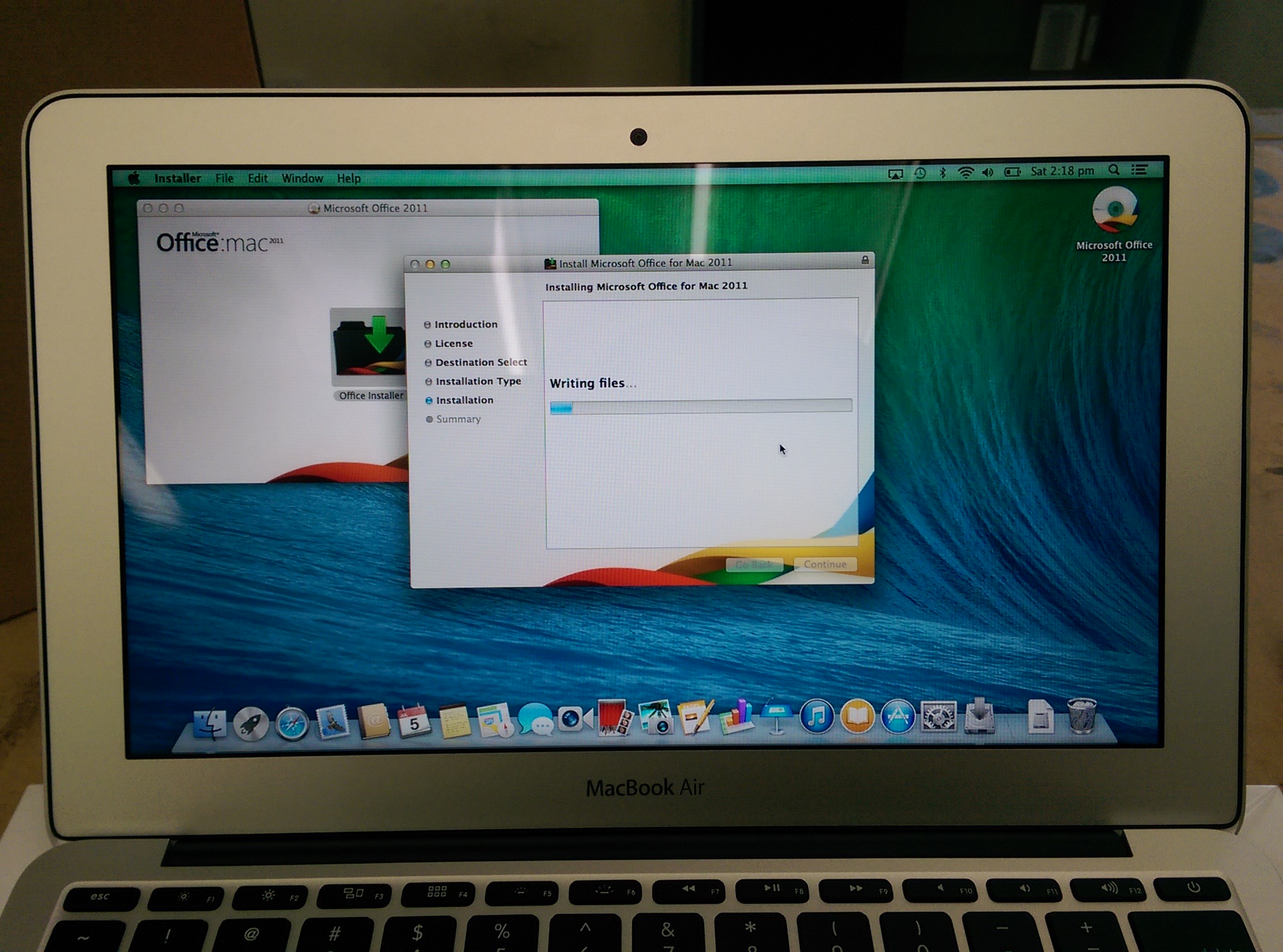
At its peak, the Australian Apple Premium Reseller known as Next Byte had more than 20 stores around the country, and I spent most of my earliest possible employment years at just one: Next Byte Hobart. Today, the Apple landscape in Australia is a lot different to what it was over a decade ago. Thanks mostly to the iPhone, Apple is the largest company in the world. Apple owned-and-operated retail locations don’t so much compete with general electronics retailers as much as they offer an experience of their own. But as any reseller will tell you, slim profits on Apple products means it’s extremely difficult, if not outright impossible, to match Apple when it comes to the unparalleled customer experience that Apple Retail can offer. Any third-party Apple presence is either small enough to fly under the radar, or niche enough to carve out a market of their own. For the rest of us, Apple retail stores in every capital city CBD besides Melbourne, Darwin, and Hobart means our in-person sales and service needs are fulfilled, with any gaps covered by Apple’s online store and mail-in repair programs. I have plenty of stories from my time at Next Byte. Maybe one day I’ll even write about a few of them, once I’m a little more comfortable the statute of limitations has passed. The one I’m telling you about today is not really about anything in particular, but it’s also about all the things I found great about working at Next Byte Hobart.
It’s January 2nd, 2025. Sometime around ten years ago, in December 2015, Vita Group announced the closure of Next Byte stores Australia-wide.
By that time, I was almost a year into my first real corporate job; an IT Service Desk gig where I was, theoretically, putting my degree to some use. At that stage, I had no real idea what I was doing, or how things would turn out, but I was helping! (I hope.)
During my time at Next Byte I was lucky enough to work in both sales and service. Both sides of the fence, so to speak; both figuratively and literally, as sales and service were physically separated by a dividing partition in our building. Sales and service were the two main pillars of the business, and because I was really the only person that worked in both parts, I was often asked which side I preferred. Sales, or service?
My answer, honestly, was both.
I liked sales because it put me in front of customers where I was given the opportunity to impart some Mac knowledge onto them, or help them find some kind of solution to their problems, and occasionally, if the situation called for it, maybe even make a sale. While service didn’t have as much of the face-to-face aspect of customer service, performing repairs on machines let me roll up my sleeves and get something done that benefitted everyone; the customer, the business, and the satisfaction I got from fixing hardware or software issues.
Because as much as I enjoyed talking with customers, it was just as satisfying to focus on one thing at a time and smash out some repairs. Just zone out, twiddle some screws, and get some repairs out of the way. Service was methodical, organised. Parts would come in the morning, we’d do the repairs during the day, and ship all the broken parts back at the end of the day. This routine was only interrupted by customers picking up their fixed machines, or customers bringing in their broken machines for us to repair.
Sales, by comparison, was anarchy. As anyone who has ever worked retail will tell you, it was entirely random whether it was busy or not. Sometimes it would be dead, with nary a soul to be seen. Sometimes it would be chaos, absolute bedlam, and you’d never know which was which until you were right in the thick of it.
But as much as I enjoyed working in both sales and service, if you asked me what the best part about working at Next Byte was, I’m not sure I could decide on one specific thing.
Because most of the time I worked weekends, some of the best times were when I was working full time. Usually in school holidays, or in between uni semesters. I liked being the full-time casual, and the permanent Saturday shifts were great, but with only sales staff working on the weekend, it often felt like part of the business was missing. Working during the week made me feel like I was part of a real team, doing real work, with everyone having their own responsibilities and their own work to do. Myself included.
One of my favourite things about Next Byte were the good times that we shared between colleagues. Whether it was inside joke, or just something funny someone had found on the internet — never mind that we weren’t, strictly speaking, supposed to use the internet for non-work purposes, a policy almost impossible to police — the best times were when we approached customers to ask them if they needed anything with tears in our eyes from laughing so hard. They say retail jobs are hard, but as a naïve teenager, I thought retail was great.
And it was those mood-setting moments, however fleeting, that made it the best part.

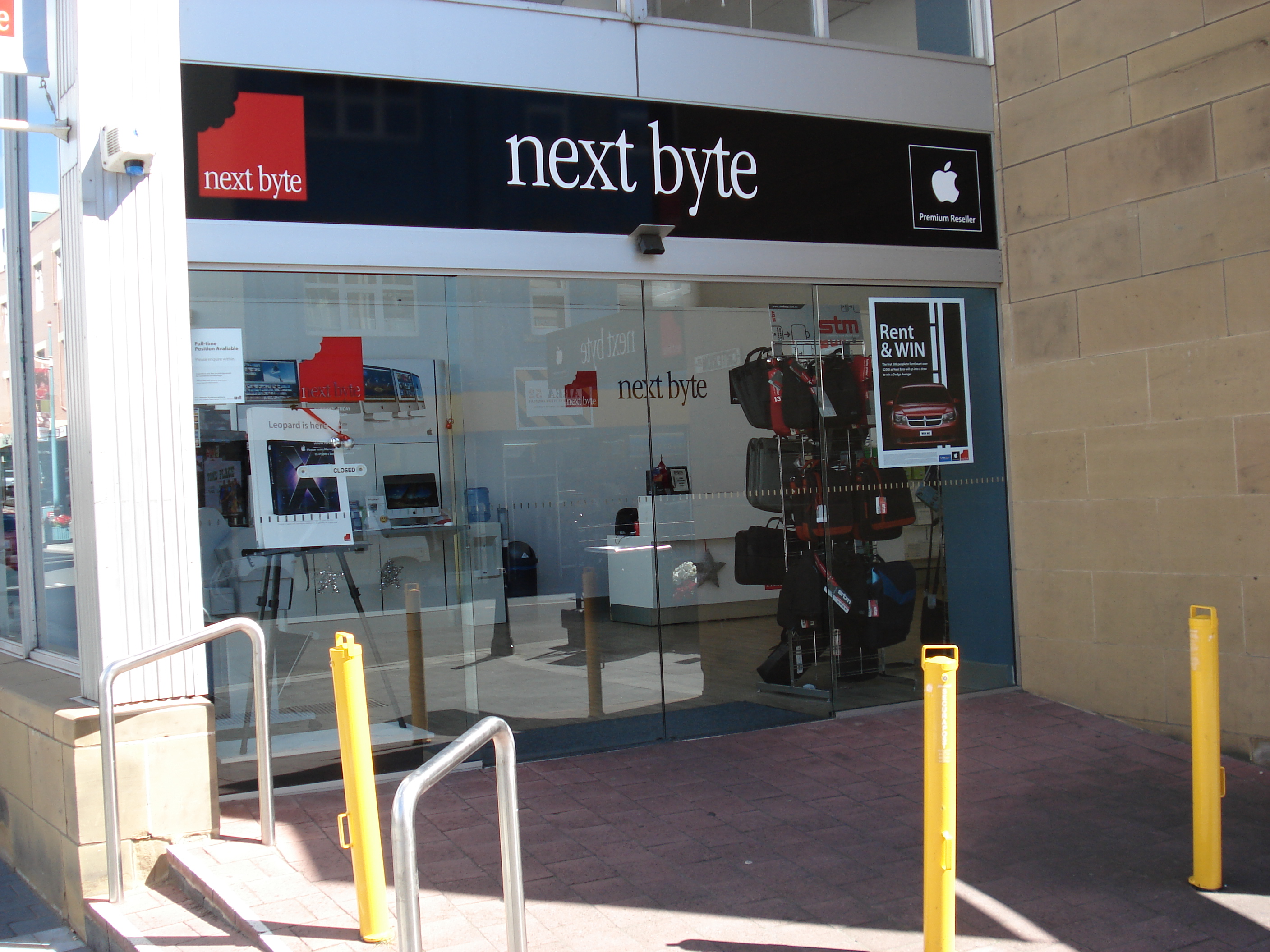

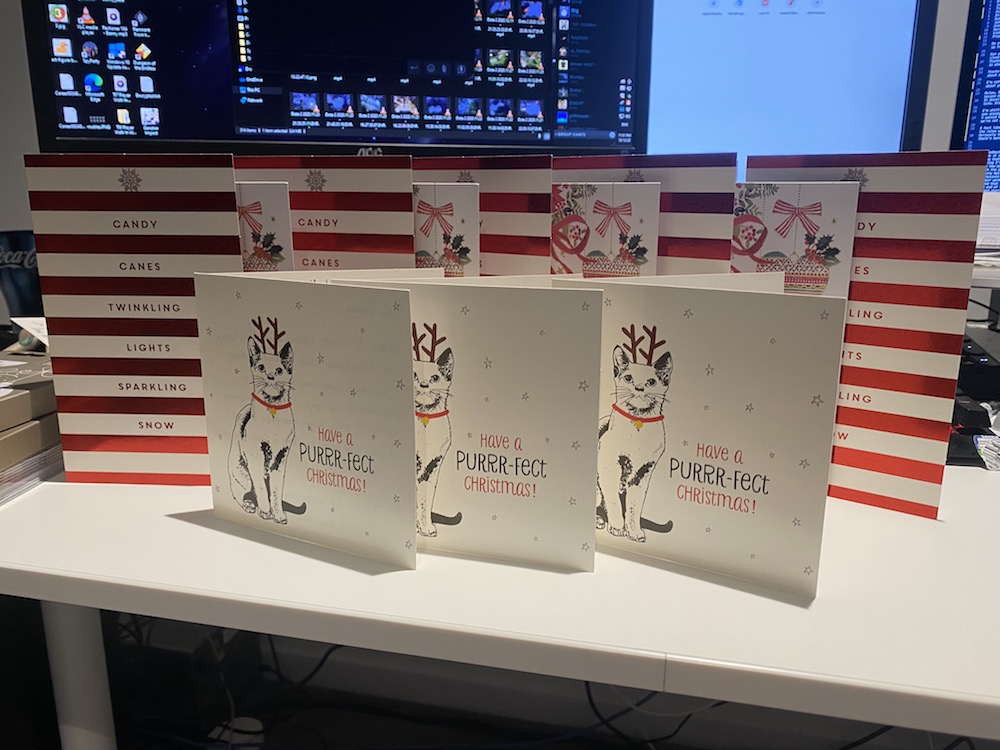
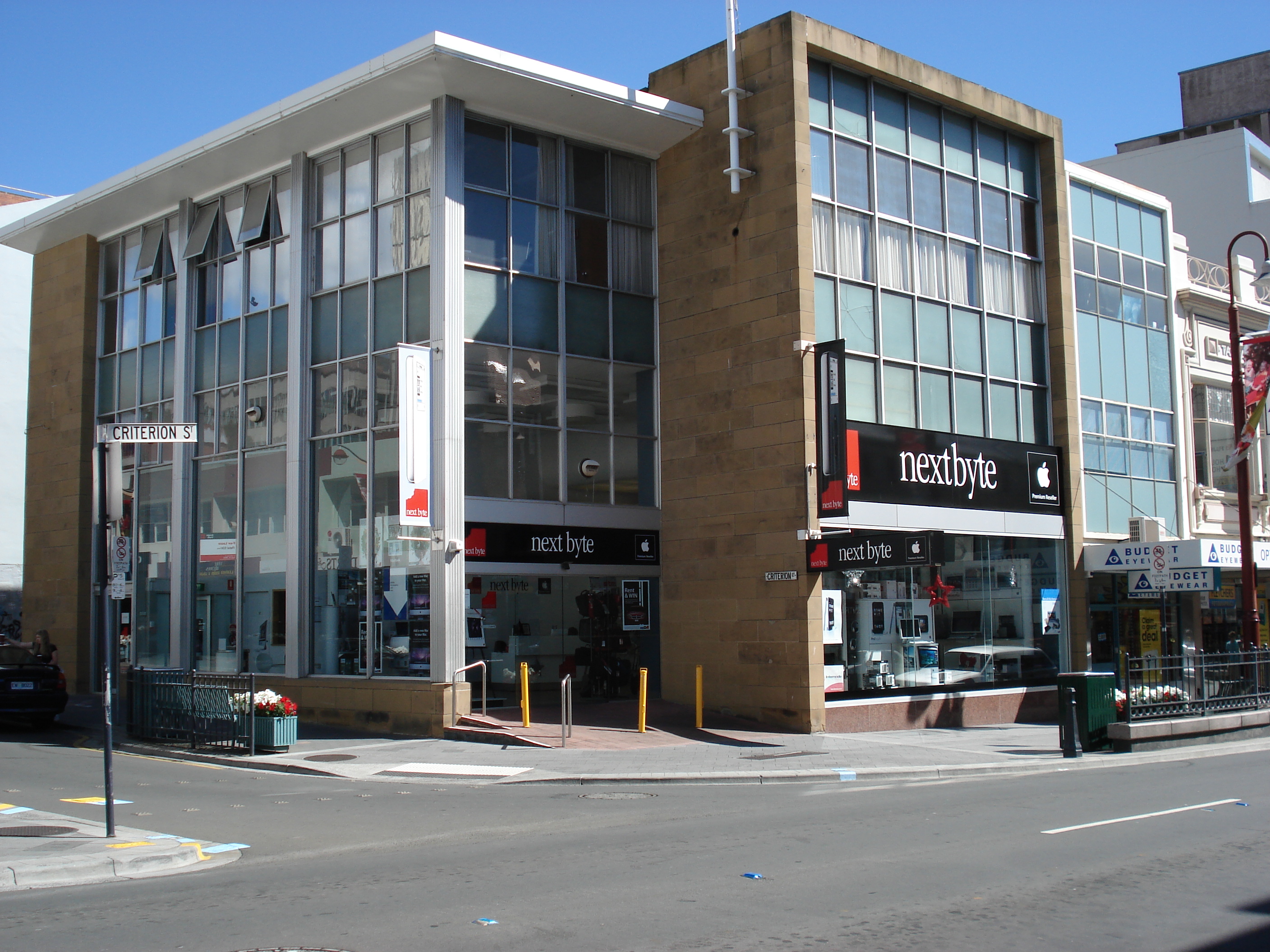
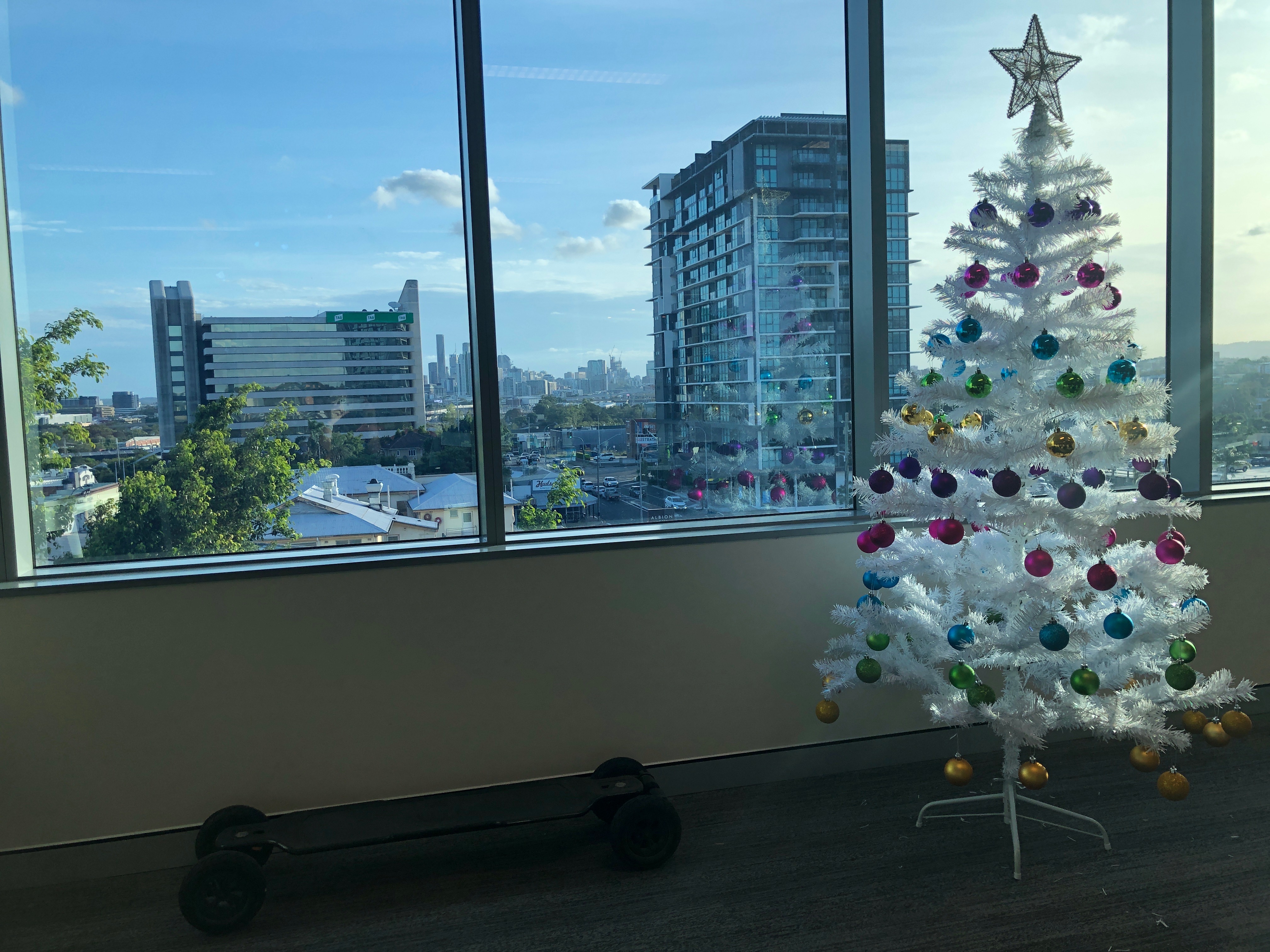 Unlike
Unlike